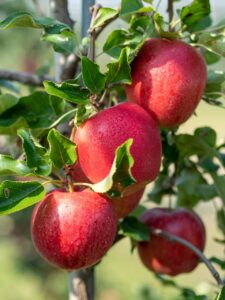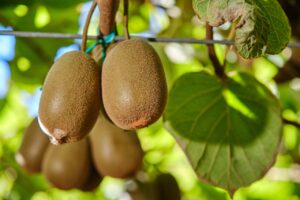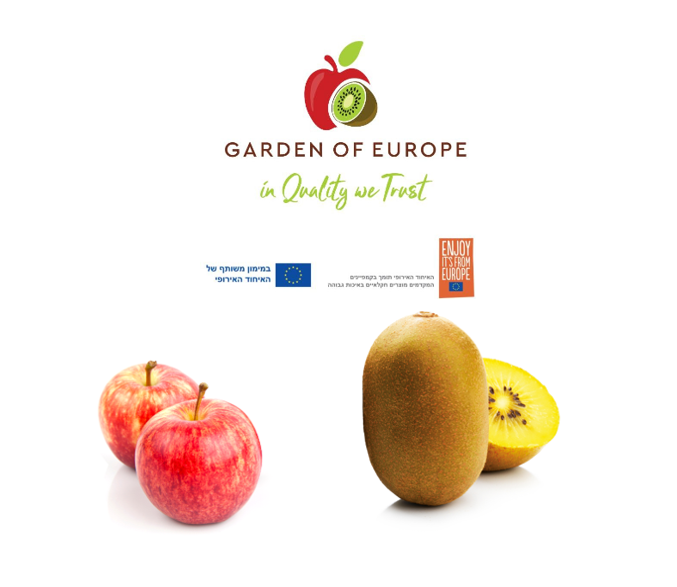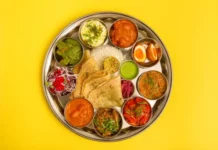In a world where sustainability is becoming an essential part of responsible eating, European farmers are showing how high-quality fruit can be produced with care for the environment. 
Through the Garden of Europe campaign, consumers in India can discover how apple growers in Poland and kiwi farmers in Greece are setting new benchmarks for eco-friendly agriculture.
European farming practices are rooted in environmental stewardship, guided by the European Union’s Farm to Fork Strategy and Common Agricultural Policy (CAP). In Greek kiwi orchards, water-smart drip irrigation and soil monitoring systems help conserve resources, while organic fertilization supports soil health. In Poland’s apple orchards, Integrated Pest Management, composting, and weather-based nutrient application minimize environmental impact without sacrificing yield or flavor.
In regions like Kavala and Pieria in Greece, farmers adapt to climate challenges by combining traditional know-how with modern precision techniques, improving both fruit quality and shelf life. Polish growers in areas such as Lubelskie and Mazowieckie are investing in low-emission equipment and biodiversity protection measures that align with the EU Green Deal’s ambitious environmental targets.
According to the 2025 Freshfel Europe Annual Report, more than 65% of European fruit producers have adopted multiple sustainable farming practices—an effort that reflects both regulation and growing global consumer demand for climate-smart produce.
 In India, the National Institute of Nutrition recommends daily consumption of fresh fruits as part of a balanced diet. Choosing European apples and kiwis means enjoying fruit that not only supports personal health but is grown in ways that protect natural resources, reduce the carbon footprint, and respect the environment for future generations.
In India, the National Institute of Nutrition recommends daily consumption of fresh fruits as part of a balanced diet. Choosing European apples and kiwis means enjoying fruit that not only supports personal health but is grown in ways that protect natural resources, reduce the carbon footprint, and respect the environment for future generations.
Learn more at www.appleandkiwi.eu
Also Read: Why European Apples and Kiwis Stand Out: Quality, Taste, and Tradition







